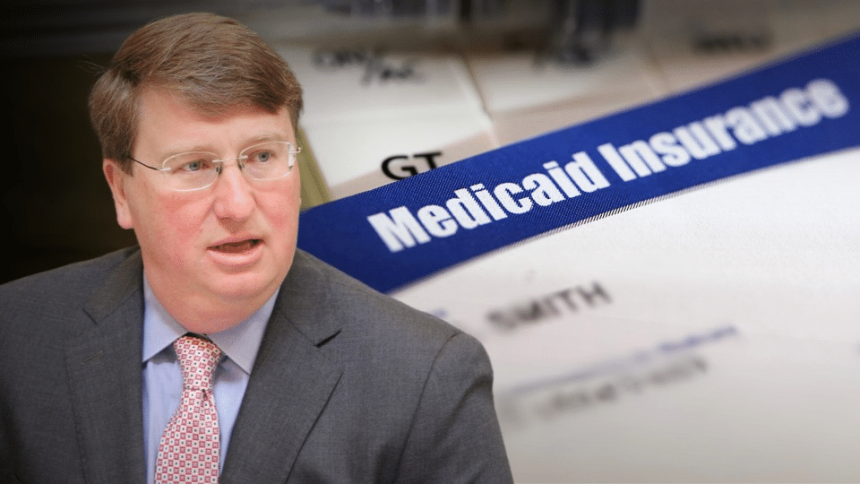Hospitals across the state are getting a welcomed gift to begin the new year.
On Wednesday, executive director Drew Snyder of the Mississippi Division of Medicaid announced on X that $658.2 million in additional payments have been delivered to hospitals through the recently approved Mississippi Hospital Access Program (MHAP).

Tremendous beginning to 2024 for Mississippi hospitals and patients. $658.2 million in additional payments delivered to hospitals through the @MSMedicaid Mississippi Hospital Access Program approved in December.
— Drew Snyder (@SnyGuy) January 10, 2024
Amid several hospitals flirting with closure, Gov. Tate Reeves introduced the plan revolved around “sweeping Medicaid reimbursements” in September. Last month, the Centers for Medicare and Medicaid Services (CMS) approved the largest component of the nearly $700 million plan.
“This plan is going to strengthen our state’s healthcare system, and I’m glad that we could get it done for the people of Mississippi,” Reeves said following approval from CMS. “This is the product of meetings with a range of medical professionals and healthcare leaders, and I’m truly thankful to all of them for helping to get us to today.”
The MHAP provides direct payments to hospitals serving patients in the Mississippi Medicaid-managed care delivery system. With these direct payments, hospitals are reimbursed at the same rate compensated by private insurance, which has been considered the federal ceiling for Medicaid reimbursements in managed care.
Even with the first of recurring payments now delivered, lawmakers across the state remain at odds over fully expanding Medicaid, something Reeves is vehemently against. Medicaid expansion in Mississippi is estimated to generate around $1 billion annually if the state were willing to put $100 million down to provide health insurance to more low-income residents.
Senator Jeremy England, R-Vancleave, believes the success of the MHAP should be enough to keep hospitals open, citing what he believes needs to be an economic model change across the entire healthcare industry.
“Look, CMS accepting that proposal was huge. That’s going to allow hospitals to get money that they didn’t otherwise have, and we don’t have to expand Medicaid to do that,” England said. “The hospital issue is still going to be there, and it’s not really a whether we expand Medicaid or not issue… The hospital issue is an economic model issue. It’s an issue where they’ve got to look at the way that they are providing their services differently now and the way that insurance is playing a role in that.
House Minority Leader Robert Johnson, D-Natchez, argues that Medicaid expansion would not only help hospitals even further, but more so, it would give much-needed help to Mississippians who aren’t provided health insurance by their employers.
“That same resource is available to us now. Even the governor has acquiesced and acknowledged that something needs to be done. He has a plan to access those resources. I don’t think it’s a very good plan,” Johnson said. “His plan requires us to invest in hospitals and invest over $145 million just to get $750 million back when there’s $1 billion out there with a whole lot less of an investment from the state.”
Since Medicaid expansion’s official inception in 2014, Mississippi has been one of 10 states to avidly oppose the idea with Republican officials often citing arguments such as it being economically unfeasible and that it is merely an extension of “Obamacare.” Even with those arguments at hand, new GOP House Speaker Jason White is promising that lawmakers will look at expansion harder than ever this legislative session.
“I want to keep [the people] in the workforce and out of the emergency rooms. That’s a bad place to get primary healthcare is in an emergency room because usually, it’s too late or the problem is exasperated,” White said. “So, we’re going to look at it, and I’m going to put some of our smartest people on that.”







